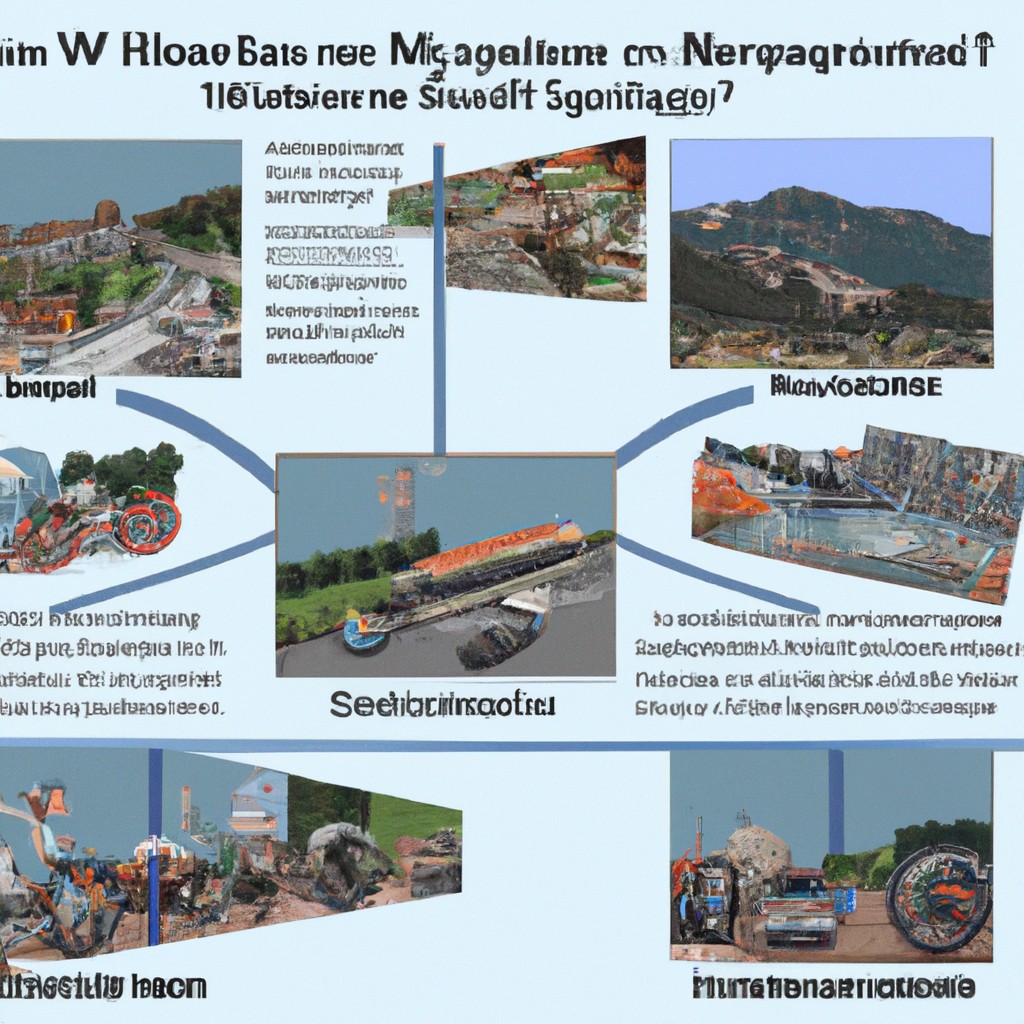Urban sprawl

Urban sprawl is a concerning issue, contributing to congestion, pollution, and loss of green spaces. Cities are expanding rapidly, causing strain on infrastructure and services. The charm of small towns is fading as buildings and roads encroach on natural landscapes. The pace of development is impacting wildlife habitats and increasing the risk of natural disasters. Efforts to control sprawl face challenges due to the demand for housing and commercial spaces. Balancing growth with sustainability is essential to preserve the quality of urban life. Collaborative planning and innovative solutions are critical to managing the impacts of urban sprawl.
Read more
Sustainable urban development

Sustainable urban development aims to create cities that meet the needs of current generations without compromising the ability of future generations to meet their own needs. It centers on creating livable, resilient, and inclusive cities that prioritize environmental responsibility, economic prosperity, and social equity. By promoting efficient use of resources, such as energy and water, sustainable urban development seeks to minimize waste and pollution, while maximizing the wellbeing and quality of life for urban residents. It emphasizes the integration of green spaces, public transportation, and affordable housing to improve air and water quality, reduce congestion, and enhance access to essential services. Ultimately, sustainable urban development is crucial for creating vibrant, healthy, and sustainable cities for all.
Read more
Urban planning and infrastructure

Urban planning plays a crucial role in shaping cities and ensuring efficient infrastructure development. It involves creating a blueprint for land use, transportation systems, housing, and public amenities. By carefully designing and organizing urban spaces, planners aim to enhance livability and sustainability. They consider factors like population growth, environmental impact, and social equity. Properly planned cities boast well-connected transportation networks, green spaces, and safe public areas, fostering a sense of community and improving quality of life. Additionally, investing in infrastructure such as roads, bridges, and utilities is vital for economic growth and attracting investment. Effective urban planning and infrastructure development are key to building thriving and resilient cities for the future.
Read more












